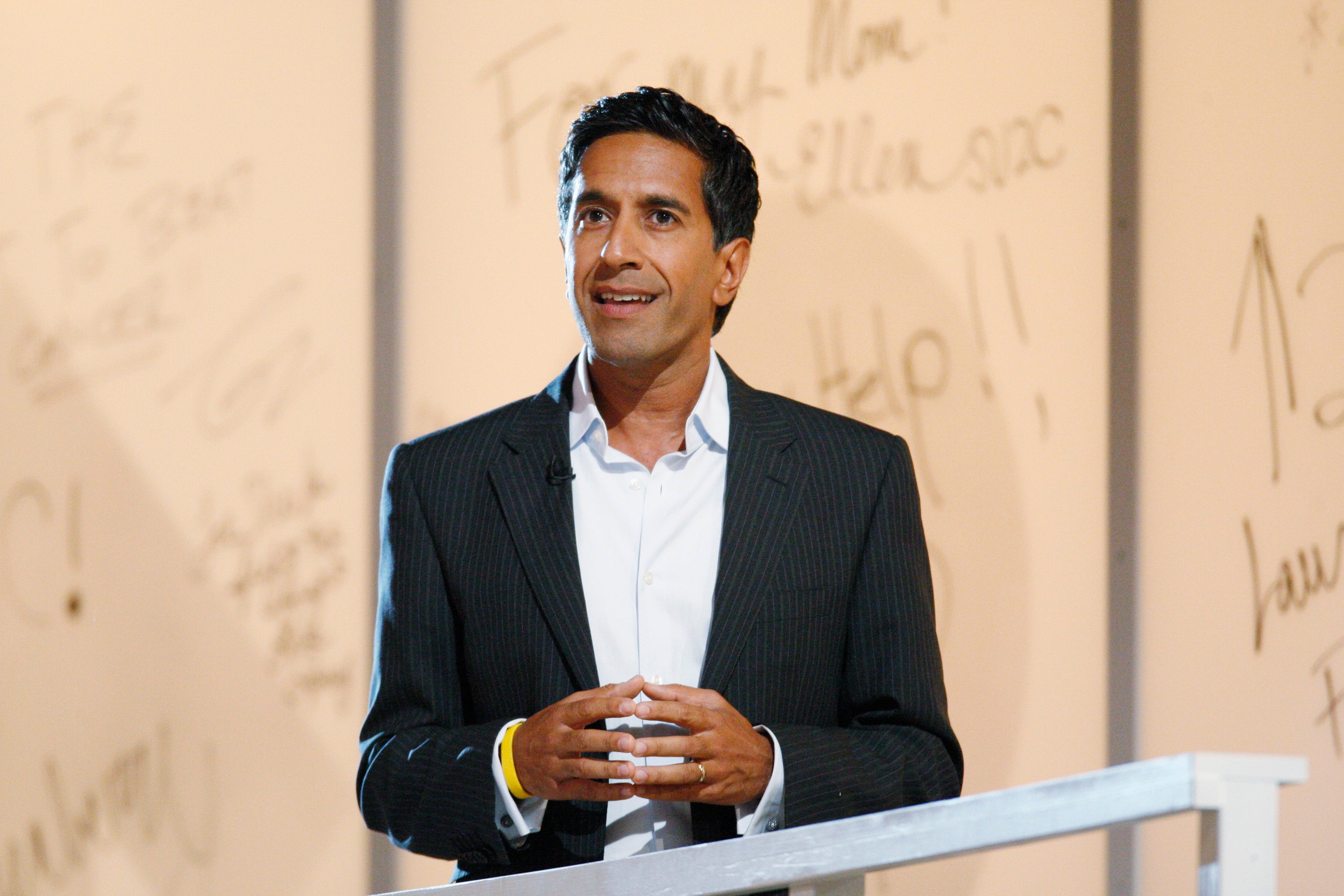The Independent's journalism is supported by our readers. When you purchase through links on our site, we may earn commission.
Neurosurgeon describes 5 essential activities to stay sharp
Dr Sanjay Gupta’s new book ‘Keep Sharp: Build a Better Brain at Any Age’, divulges into ‘five pillars of brain health’

Dr Sanjay Gupta has shared five activities that sharpen and maintain the brain’s capacity and agility in his new book.
CNN’s Chief Medical Correspondent has written ‘Keep Sharp: Build a Better Brain at Any Age’, which details the five pillars of his success, that intend to make you “better, faster, fitter and sharper”.
According to Dr Gupta, there are “five pillars of brain health” that scientific evidence has shown to be “fundamental to promoting good cognitive function across the lifespan”; these are move, discover, relax, nourish and connect.
Here is some of his best advice:
Move
“Exercise, both aerobic and non-aerobic (strength training), is not only good for the body; it’s even better for the brain,” Dr Gupta says. “The connection between physical fitness and brain fitness is clear, direct, and powerful.”
How to apply this pillar?
Dr Gupta says if you already like to exercise, shake up your routine. Swap running for something new, like swimming or cycling.
If you are new to exercise, ease your way in by doing a few minutes of light activity in consultation with your doctor, and slowly work your way up to more.
Discover
Picking up new knowledge works the cranium and makes it stronger, according to research. Your brain should be treated like a muscle and if you work it out, it will elevate your attention span and ability to concentrate.
How to apply this pillar?
Read a book outside the remit of your job or career, take a class in something you are interested in learning more about, attempt to learn a new language or join a writing group.
Relax
“Relaxing is not solely a physical thing for the body,” according to Dr Gupta’s book. “Your brain needs to chill out, too.”
“Scores of well-designed studies ... routinely show that poor sleep can lead to impaired memory and that chronic stress can impair your ability to learn and adapt to new situations.”
Plainly put, your brain will reap the benefit if you prioritise sleep and rest.
How to apply this pillar?
You should make sure to get at least seven hours of sleep a night, which is “the bare minimum if you want to have normal, healthy functioning physiology from your brain on down”.
Additionally, leave three hours for digestion following your last meal, stop consuming caffeine after 2 pm, establish a sleep routine, have a bath or read a book before bed and keep the electronics out of the bedroom.
Nourish
Dr Gupta says new evidence shows that by eating some foods and limiting others, you can preserve your memory and brain health.
He says, “Eat Sanjay style”, which translates to a big breakfast, a medium lunch and a small dinner.
How to apply this pillar?
Follow the SHARP method, which means slashing sugar, hydrate, add more natural omega-3 fats, reduce portion sizes and plan what your going to eat.
Additionally, Dr Gupta says, “We often mistake hunger for thirst” and that even a little bit of dehydration can limit your brain power.
Connect
Research has long said that good social connections make people more happy and healthy, however Dr Gupta says they can also increase your brain’s ability to adapt and help preserve your cognitive power.
How to apply this pillar?
Try making connections with people both older and younger than you, volunteering, getting a pen pal, getting a pet or if you are really struggling socially, think about getting professional help, like a therapist.
Dr Gupta emphasises the importance of adapting all five pillars to each person’s individual lifestyle and personality, however urges people to keep an open mind about their capabilities to change.
“Never forget that the brain is exceptionally plastic,” says Dr Gupta. “It can rewire and reshape itself through your experiences and habits, and a lot of this remoulding can be achieved in a mere twelve weeks.
“It’s like building any other muscle.”
Join our commenting forum
Join thought-provoking conversations, follow other Independent readers and see their replies
Comments
Bookmark popover
Removed from bookmarks